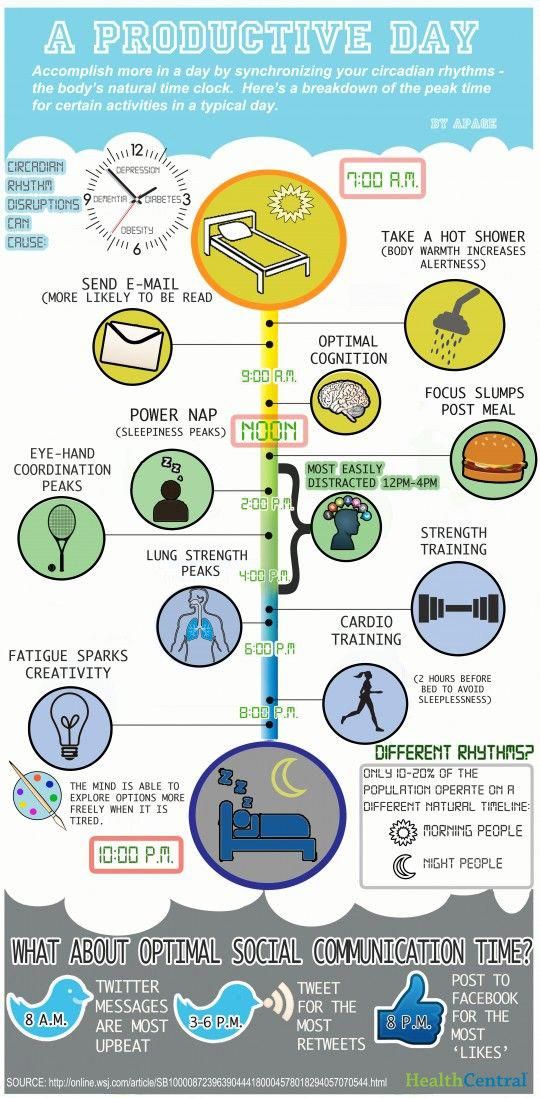Time management is a crucial skill in today’s fast-paced world. We often find ourselves struggling to accomplish tasks within the given time frame. Poor time management leads to missed deadlines, stress, and decreased productivity, ultimately affecting personal and professional life. However, implementing effective time management techniques can help us prioritize, organize, and schedule tasks better.
In this article, we will discuss eight essential strategies for better time management.
Set Clear Goals
The first step towards good time management is setting clear and specific goals. Goals provide a clear direction to our actions, helping us decide which tasks are essential and which are not. Setting realistic goals keeps us motivated, focused and ensures that we are on track, working towards the right objectives. Therefore, start by setting specific and achievable goals and develop plans accordingly.
Prioritize Tasks
Once you have clear goals, prioritize your tasks based on their importance, i.e., the urgency, deadline, complexity, or significance, etc. You can use a timer to allocate time to each task, avoid multitasking, and handle more consequential tasks first. Starting with tackling the most challenging task first can help in maintaining the energy and focus required.
Make a Schedule
Making a schedule and following it keeps you organized and helps in time management. Scheduling can be done weekly or daily, and it should include time slots for each task, breaks, meetings, and other essential activities. Setting specific time slots for emails, phone calls, social media, etc. also helps in avoiding distractions and procrastination.
Use Time-Management Tools
Various tools and apps can help in effective time management. Using a to-do list app or planner, a timer, a project management tool or calendar can help you keep track of your tasks, prioritize and schedule your tasks efficiently. Tools such as Rescue Time, Focus@will, Trello, and Pomodoro increase productivity and optimize time management.
Avoid Multitasking
Multitasking might seem like a great way to get more done in a limited time, but it often leads to decreased quality of work, increased stress, and wastage of time. When working on multiple tasks, the brain takes more time to switch between them, leading to missed details and mistakes. Therefore, divide your day into time slots and focus on one task at a time.
Breaks and Self-Care
Taking breaks and self-care activities such as exercise, meditation, or hobbies are crucial for effective time management. Breaks help restore focus, energy, and creativity, recharging your brain and increasing productivity. Incorporating self-care into your routine will help you stay focused and relaxed, improving overall work performance and well-being.
Delegate Tasks
Delegation is an effective way to manage time better. You don’t have to do everything yourself; delegating tasks can help reduce workload, improve collaboration, and increase productivity. Identify the tasks you can delegate, and assign them to your team members or hire assistance, freeing up time to focus on high-priority tasks that require your attention.
You might find these FREE courses useful
- Work Smarter, Not Harder: Time Management for Personal & Professional Productivity
- Strategic Career Self-Management
- Free Time Management Tutorial – Effective Time Management for Employees
- Engineering Project Management: Scope, Time and Cost Management
Review and Adjust
Finally, regularly reviewing and adjusting your time management strategies is necessary. Evaluate your progress, see what works, what doesn’t, and make necessary adjustments. Reflecting on how you spend your day, identifying areas of improvement, and making changes accordingly can help you identify patterns, improve results and achieve better time management.
In conclusion, effective time management is about prioritizing, planning, and using time wisely. With the use of specific strategies, tools, and techniques, one can learn how to manage time efficiently, increase productivity, and achieve personal and professional goals. Start by implementing these eight strategies to see significant improvements in your time management skills, ultimately leading to better productivity and quality of life.


